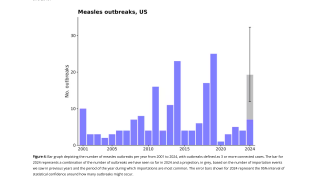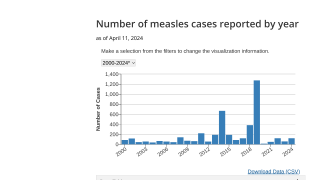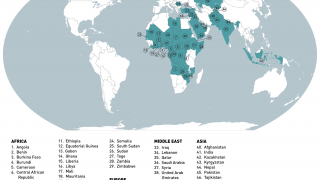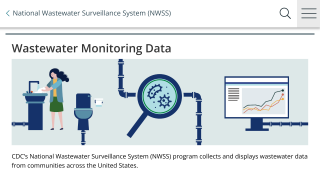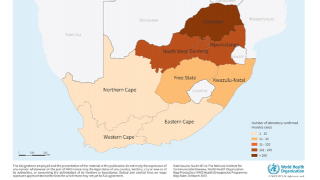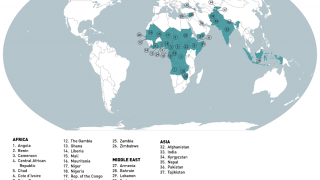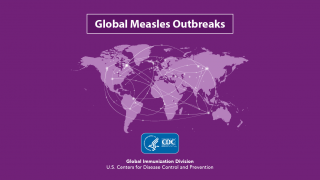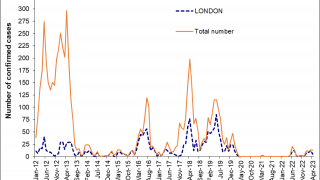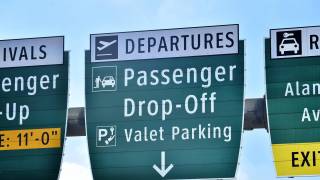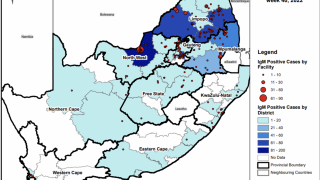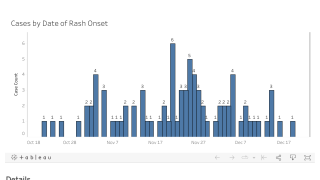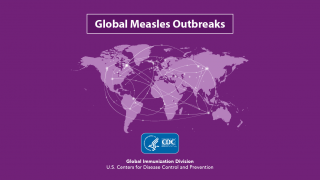Passports, Visas and Yellow Cards, All May Be Needed When Traveling

When traveling to an international destination, the certificate of vaccination, commonly known as the ‘Yellow Card’, maybe the second most important item to pack. after a passport.
Upon arrival in a foreign country, airport officers may ask for your “Carte Jaune” or “Yellow Card”, searching for a stamp and date when the required vaccination(s) were administered.
And, just like a ‘yellow card’ warning in soccer, you may be penalized if it is not in order.
Which means, when traveling internationally, you need to be aware that health policies are constantly changing.
Therefore, it’s important to be prepared for any health issue that might arise.
The Yellow Card is endorsed by the World Health Organization (WHO), issued and stamped by countries health authorities and may be required for entry to certain countries.
But, why is the immunization card yellow?
This travel document was originally called the “Certificate of Vaccination or Revaccination against Yellow Fever” and was first issued exclusively for the Yellow Fever virus, as an annex to the International Health Regulation (IHR) (1969).
In 2007, a new model called the ‘International Certificate of Vaccination or Prophylaxis’ came into force with the advent of the International Health Regulation (2005).
This enhanced Yellow Card was “to prevent, protect against, control and provide a public health response to the international spread of disease in ways that are commensurate with and restricted to public health risks, and which avoid unnecessary interference with international traffic and trade”.
Because the IHR (2005) was not limited to specific diseases, but apply to ever-changing health risks, they are intended to have long-lasting value.
The vaccine certificate requires the dates, nature of vaccine, dose, and physician's signatures. In order to make the certificate "international", it is strongly advised that the physician also mentions the NDC product number, since the vaccine brand names vary around the world.
It will also help if this is accompanied with the lot number since the number and the signature together will improve the authenticity of the certificate, as well as reporting when unexpected accidents or illnesses happen.
Most doctors, nurses, and pharmacists who administer travel vaccinations keep yellow cards in stock.
Currently, the only universally required vaccination is for the Yellow Fever virus. For some countries, additional vaccines may be required to enter.
Additionally, the most discussed infectious diseases are measles, dengue, cholera, and Zika.
To avoid being quarantined or denied entry, check the entry requirements for the country by contacting the local embassy.
Both the US Centers for Disease Control and Prevention (CDC) and the WHO update travel warnings on an as-needed basis.
In the future, a digital-yellow-card (DYC) may become available.
The CDC’s Immunization information systems (IIS) is enabling healthcare providers and families by consolidating all vaccine information in one digital file.
The IIS will soon synchronize with medical records and pharmacy systems, so international travelers have 24/7 access to their DYC, wherever they are in the world.
Our Trust Standards: Medical Advisory Committee



